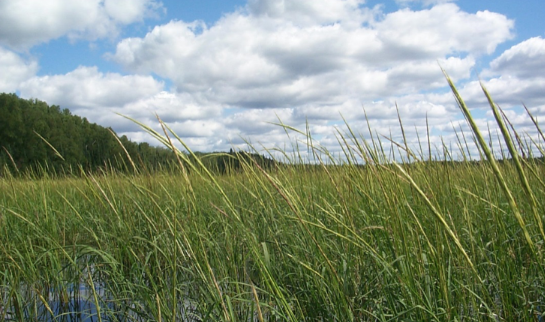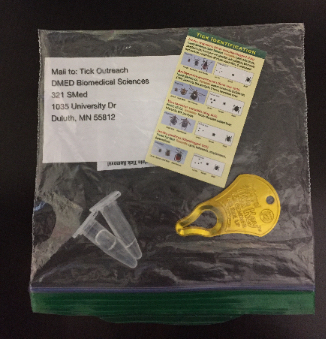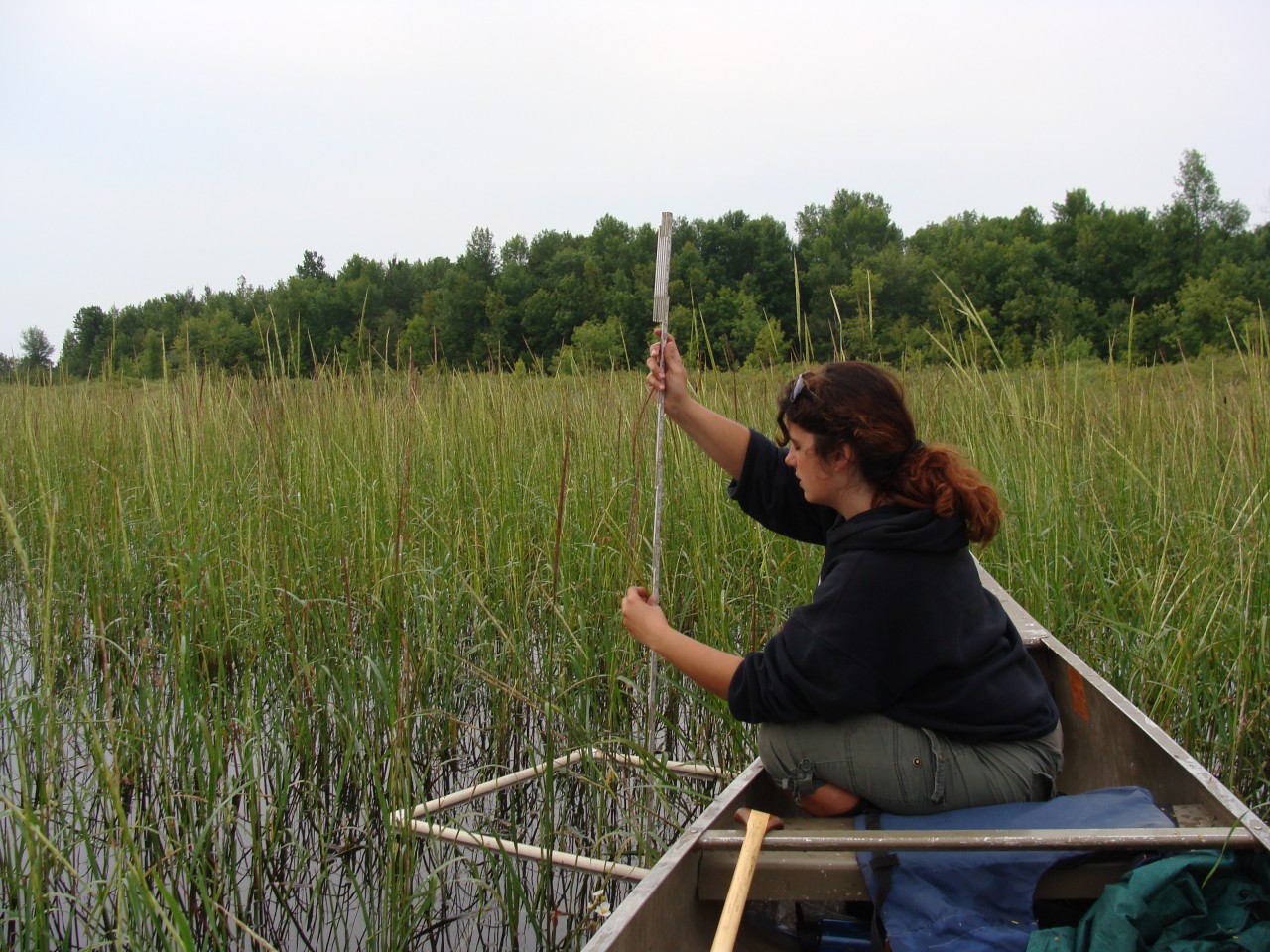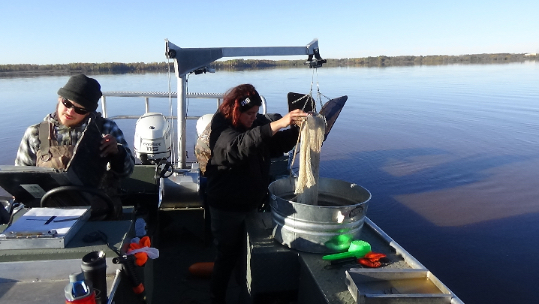.jpg?i=831) Read the PRESS RELEASE
Read the PRESS RELEASE 
1854 Treaty Authority News
This program promotes understanding of environmental field biology and how field research is conducted. Native American students are prepared for advanced studies in environmental biology, so they can better manage their lands. Also, it promotes understanding of Native American attitudes towards the environment for non-Native American students, so these can be incorporated into better management. At East, students interact with the Waswagoning cultural center on the Lac du Flambeau Reservation and the Great Lakes Indian Fish and Wildlife Commission, and at West with the Confederated Salish and Kootenai tribal cultural and natural resource departments, as well as through dialogue and collaboration among themselves.
Tuition, housing, and travel paid, 3 credits/summer, and receive a summer stipend ($5000 East, $5500 West)!!!
The program spans two summers (10 weeks/summer)
First Summer: UNDERC-East: Northwoods in Michigan’s Upper Peninsula.
Second Summer: UNDERC-West: Flathead Reservation/National Bison Range in western Montana
Year 1 at UNDERC-East (May 20– July 26): 8000 acres of lakes, streams, wetlands, and forests owned by Notre Dame and a core site in the National Ecological Observatory Network (NEON) that are home to abundant wildlife (including beaver, porcupine, black bear, deer, loon). Course modules include vertebrate ecology, invertebrate ecology, aquatic ecology and forest ecology with each providing background information, field research exercises, and group research projects designed by the class. Five or more weeks are spent by each student designing and conducting their own field research project under direction of faculty or graduate students. Projects have ranged from fish, insect and mammal behavior and ecology to forest, lake and stream ecosystem ecology to local Native American ecosystem use.
Year 2 at UNDERC-West (June 8 – August 14): More than a million acres on the National Bison Range and Flathead Reservation that includes grasslands, montane forests, streams and lakes that are home to abundant wildlife (including bison, elk, bighorn, and pronghorn). The course includes modules like those at UNDERC-East in wildlife and grassland ecology, montane ecology, and environmental history/Native American ecology (in part during the cross-country drive to and from –West). Each student conducts an independent research project in collaboration with a faculty or graduate student advisor that is more advanced given the skills learned at UNDERC-East. Recent projects have included invasive plant ecology, animal behavior and habitat relationships, grassland, forest, wetland and stream dynamics, and Native American plant and wildlife use.
Eligibility:
• Native American descent
• Minimum of Sophomore standing and past academic performance
• Statement of purpose and plans to obtain a degree in the environmental sciences
Applications are available on the UNDERC website (http://underc.nd.edu). Further information can be obtained from the website, or from Dr. Michael Cramer, UNDERC-East Assistant Director (This email address is being protected from spambots. You need JavaScript enabled to view it.), or Dr. David Flagel, UNDERC-West Assistant Director (This email address is being protected from spambots. You need JavaScript enabled to view it.).
Application deadline is Friday, November 9, 2018. Notification of acceptance will be provided by Monday, December 10, 2018. Acceptance is based on past academic performance and a statement of purpose. Preference is given to students pursuing a career in environmental sciences. Applicants are required to be present for the duration of course.
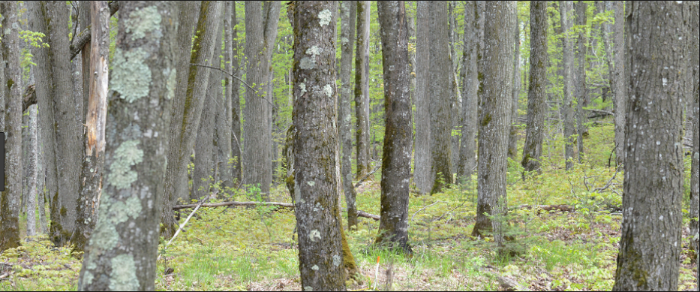
Bow season for deer opens Saturday morning at sunrise in the 1854 Ceded Territory. Don't forget - you have the option to register deer online:
https://docs.google.com/…/1FAIpQLSflw-BuUax3fqQiF3…/viewform
Good luck, and be safe out there!!
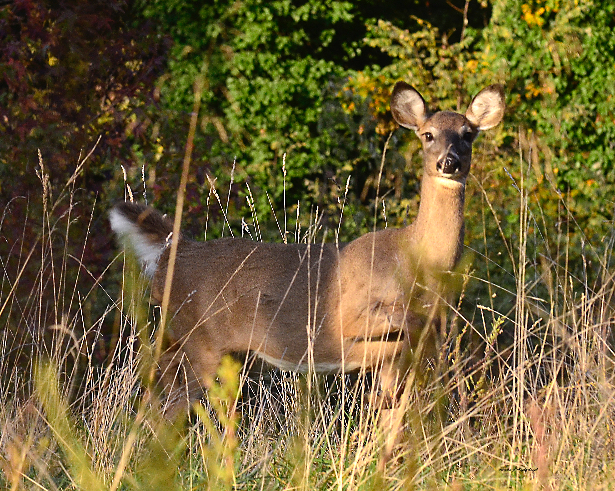
Japanese and Bohemian Knotweeds have taken over in the Duluth area. Some Duluth residents love these plants because of their pretty flowers, creating green fences, or is a hot spot for honeybees. However, these two species have a very dark side…
Knotweed has established in many riparian areas along streams and rivers in Washington State. They cause massive erosion due to the lack of filaments in their knobby roots (which help retail soil and choke out all native vegetation), and by confiscating habitat and food otherwise available to native wildlife (birds, mammals, amphibians, etc). In the United Kingdom, an estimated annual cost of 215 million goes to managing and controlling Japanese Knotweed. It causes damage to buildings and roads by growing through foundations and other structures.
These knotweeds pose the same threats to Duluth and the rest of the 1854 Ceded Territory.
The Minnesota Department of Agriculture is conducting an online survey to learn the educational needs and barriers to knotweed identification and management in Minnesota. Please consider taking this online survey to help MDA determine what to do with Japanese and Bohemian Knotweeds: http://survey.constantcontact.com/survey/a07efllto4pjkjo8dzx/a013gjlgkaaf9/greeting
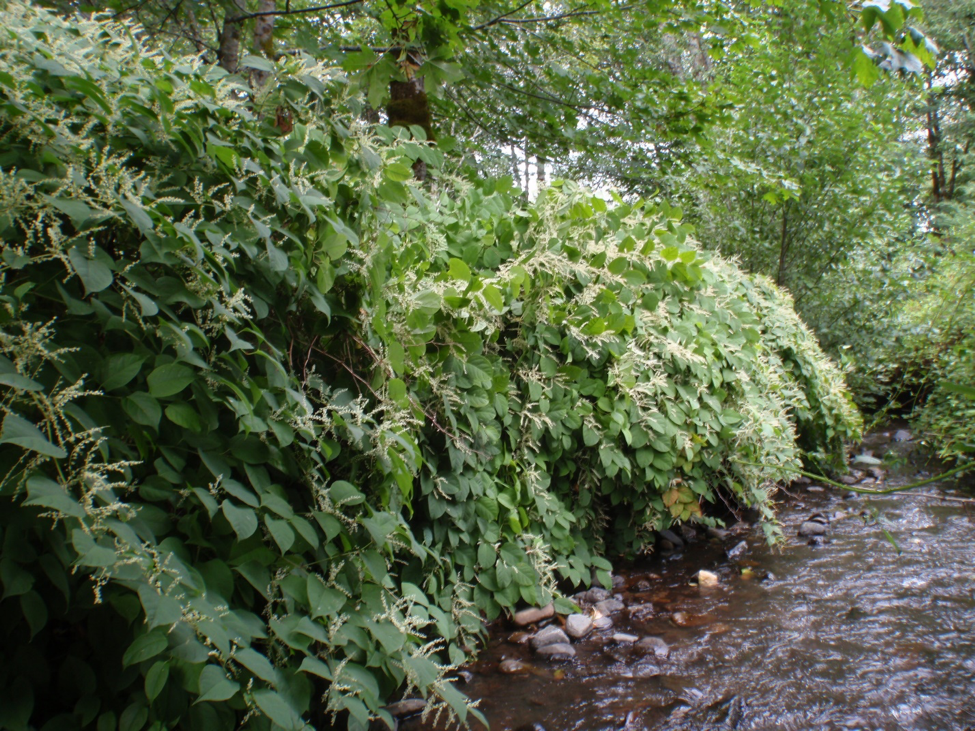
Japanese Knotweed takes over sections of the Mary’s River Watershed (Corvallis, OR)
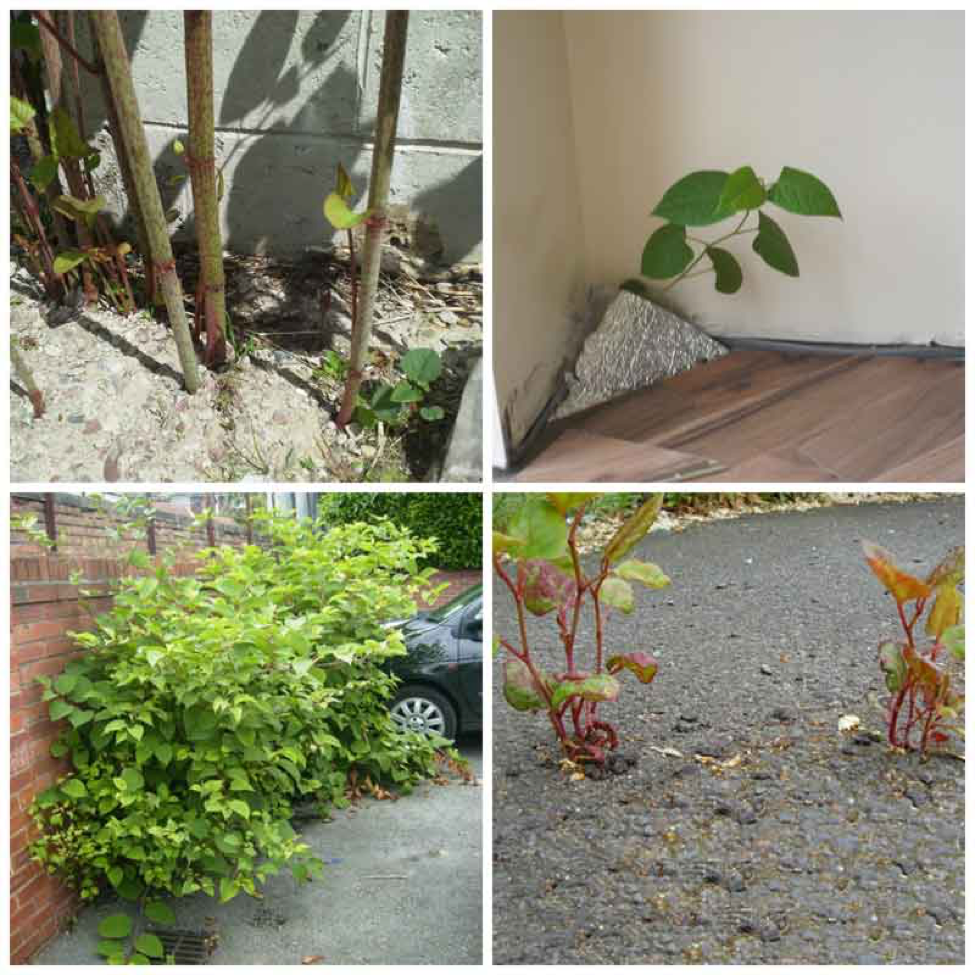
Infrastructure damage caused by Japanese Knotweed (United Kingdom)
The 1854 Treaty Authority’s Dagwaagin (autumn) newsletter is HOT OFF THE PRESS (…or fresh in your e-mail IN box). Check out the update on expected ceded territory wild rice harvest, and get the 2018 Manoomin Camp on your calendar!
The newsletter highlights some of the changes to our updated Code that might apply to your fall hunt. Included are all of the 2018 hunting seasons and bag limits, and permit/registration stations. Read up on the some of the good partnership work 1854 is doing with the St. Louis County Historical Society in bringing local Ojibwe culture and history to the public in Duluth.
As always, if you have any questions don’t hesitate to give us a call.
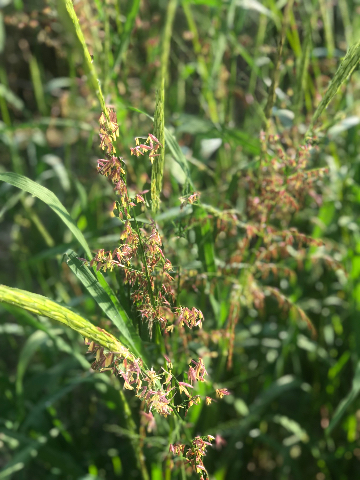
Have you always wanted the chance to push pole through a wild rice bed? Or discuss how others have had success in hulling parched rice?
1854 Treaty Authority is hosting Manoomin Camp in partnership with Fond du Lac's 13 Moons program and FDLTCC on Saturday September 8th, from 10am-3pm at Kettle Lake, outside the Duluth-area. We hope you consider joining us!
Plan on making it? Give This email address is being protected from spambots. You need JavaScript enabled to view it. or Nikki a "heads-up"!
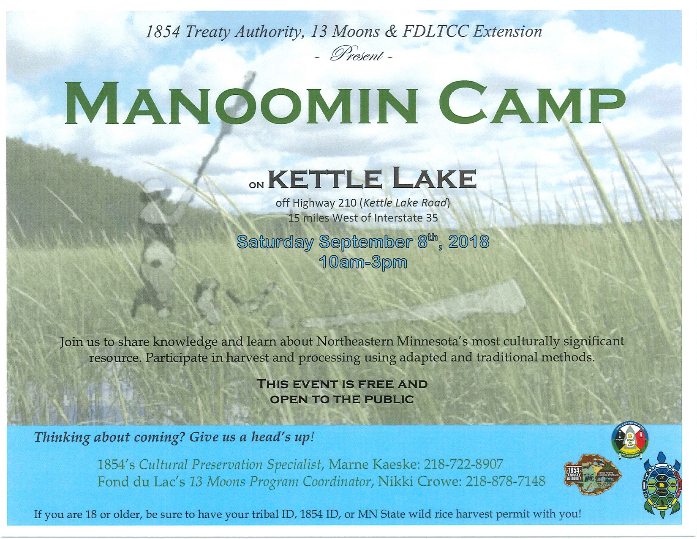
The roots of this Japanese and Bohemian Knotweed can crack the foundations of buildings! It has already established on properties here and there in Duluth - but you CAN get rid of it!
Join Duluth CISMA at a Field Workshop August 9th at Kingsbury Creek from 1:30 to 3:30pm, to learn about how to treat this nasty invasive species...for good!
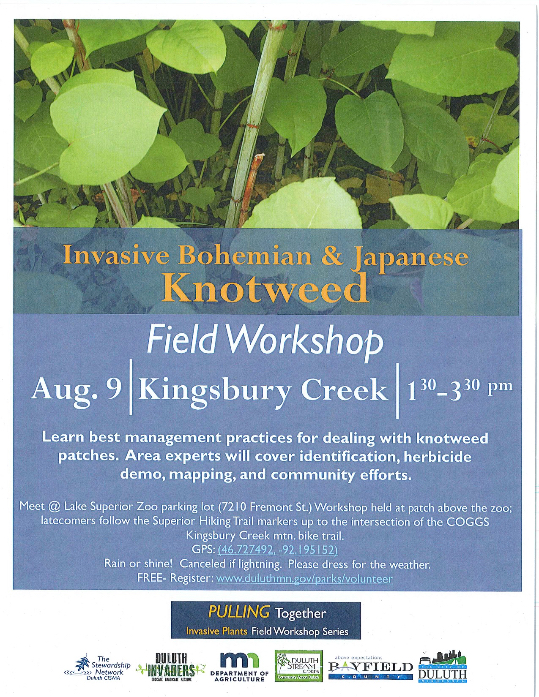
The 1854 Treaty Authority’s Niibin (summer) newsletter is HOT OFF THE PRESS (…or fresh in your e-mail IN box). Check out the soon to come 1854 Ceded Territory road signs, 2018 expanded camping opportunities in the Superior National Forest, as well as the new tribal resource and environmental stewardship master’s program at UMD! The newsletter features an update on the great wild rice sulfate debate, personal accounts on berry picking season, and the environmental concerns associated with lead fishing tackle. Make sure to take a peak at our new summer staff, and learn what treaty food is most likely to be on their plate.
As always, if you have any questions don’t hesitate to give us a call.
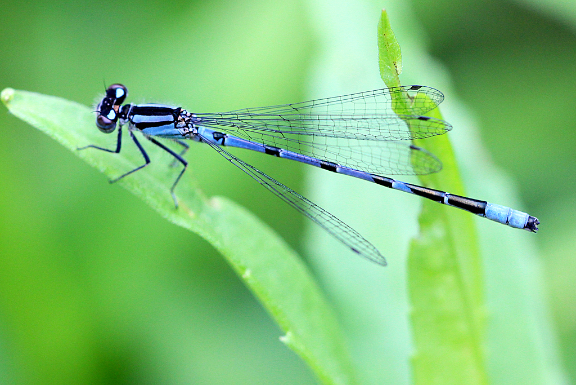
We want to clear up any misconceptions about our upcoming summer youth camp and see YOU get your application in! Read through our "Summer Camp Q+A", put an end to those looming questions, and submit your application by Monday June 18th.
2018 Summer Youth Camp Q+A:
Q: Does camp cost anything to attend?
A: No! Camp is FREE! All expenses for housing, food and activities are included for the any youth that participates.
Q: Do I have to be enrolled in a tribe to apply and participate in the 1854’s summer youth camp?
A: No! Any youth that is affiliated with a tribe in Michigan, Wisconsin or Minnesota is encouraged to apply, including descendants.
Q: Is Nenda – Gikendan Noopiming gaye Nibiing a day camp?
A: No – 1854’s summer youth camp is an overnight camp. Parents/guardians are only responsible for dropping off and picking up youth participants at 1854’s Duluth office on travel days, Monday July 30thand Friday August 3rd. All other transportation to activities and field sites will be provided.
Q: Where do the participants stay when they attend summer youth camp?
A: Summer youth camp participants will stay at Wolf Ridge Environmental Learning Center in Finland, MN.
Q: When are applications due?
A: Applications to participate in camp Nenda – Gikendan Noopiming gaye Nibiing are due Monday June 18th.
Q: “I really want to come to this summer camp but I need help on completing my application!”
A: Need help?? Coordinator Marne Kaeske is available and willing to help any interested individuals complete and submit the application – just give her a call: 218-722-8907
Q: “My kid is entering 10thgrade – are they old enough to attend?”
A: Yes! Youth entering 10th through 12th grade are welcome and encouraged to apply to attend summer camp.
Q: “I can’t drop my youth off for camp, are there any other options for transportation to camp?”
A: Yes! Contact Camp Coordinator Marne Kaeske to discussion options for how to enable your youth to attend: 218-722-8907
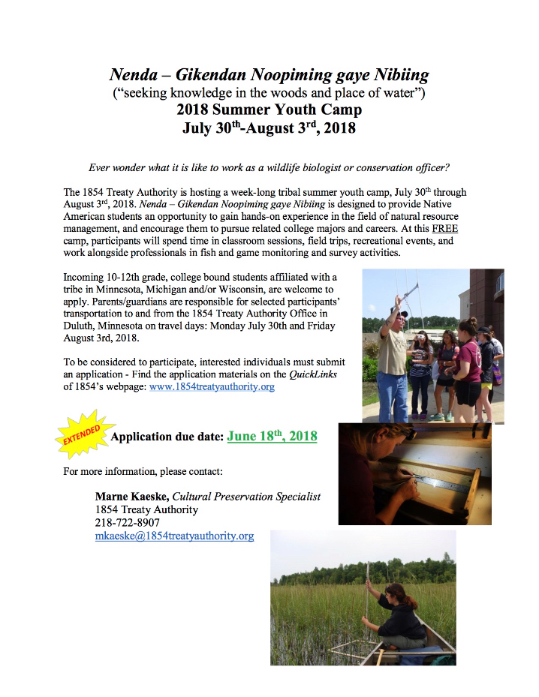
The strawberry picking moon means that the ticks are out in the woods in full force! Here at 1854 we want everyone to be safe out there – wear long sleeve shirts, long pants tucked into your socks, and use that bug repellant. Most importantly, take time to inspect your skin for ticks after a day outside.
And pick up your tick kit from an 1854 booth at any outreach event this month.
We have extended the deadline for summer youth camp applications! Please help us get the word out: forward on, tell your friends, and connect hard-working youth with this amazing opportunity!
The 1854 Treaty Authority will host Nenda – Gikendan Noopiming gaye Nibiing (“seeking knowledge in the woods and place of water”) July 30th through August 3rd, 2018. This week-long, FREE camp is designed to provide Native American high school students an opportunity to gain hands-on experience in the field of natural resource management, and purse related college majors and careers. Participants will spend time in classroom sessions, field trips, and work alongside professionals in fish and game monitoring and survey activities. Incoming 10-12th grade, college-bound students affiliated with a tribe in Minnesota, Michigan and/or Wisconsin, are welcome to apply.
See the program flyer for more information.
Download the application materials.
Applications are due June 18th.
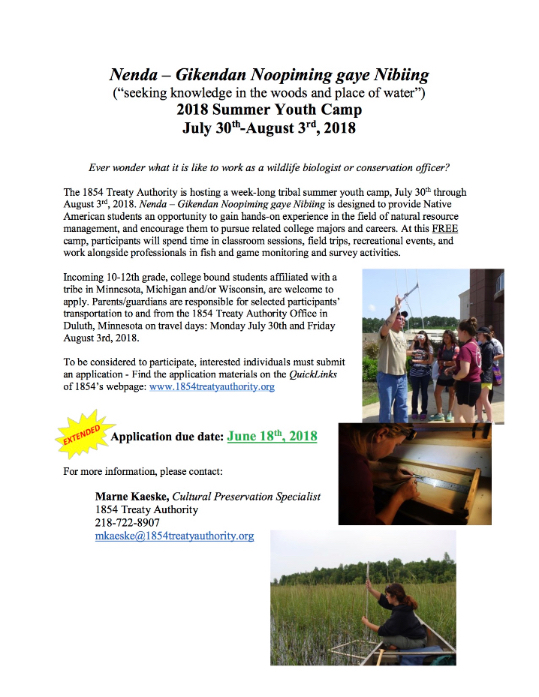
Want to join our team? The 1854 Treaty Authority's Resource Management Division is hiring a Wildlife Biologist. This position is responsible for overseeing all wildlife projects including the management of treaty hunting and trapping seasons, assisting in moose population surveys, cooperating in moose habitat projects, coordinating wolf collaring and tracking, conducting annual population surveys (grouse, waterfowl, furbearers, small mammals, loons, owls, etc.), working on wetland/waterfowl restoration projects, consulting and commenting on wildlife projects and policies, among other duties. See the full position description.
Applications are due Friday May 30th.
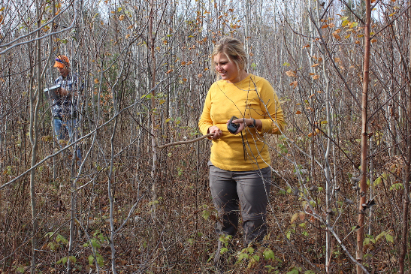
The 1854 Treaty Authority’s Ziigwan (spring) newsletter is HOT OFF THE PRESS (…or fresh in your e-mail IN box). It features the announcement of the revised 1854 Ceded Territory Conservation Code – take a spin through the summary of noteworthy changes before hitting the water for fishing opener, Saturday May 12th. Check out new multi-generational opportunities with expansion of those who can travel into the BWCAW without a permit, and although not an 1854 program, review the permitting process to receive eagle parts and feathers. If you know a high school aged youth that is interested in pursuing a career in natural resource management, share the announcement of our summer tribal youth camp with them!
As always, if you have any questions don’t hesitate to give us a call.
READ IT HERE
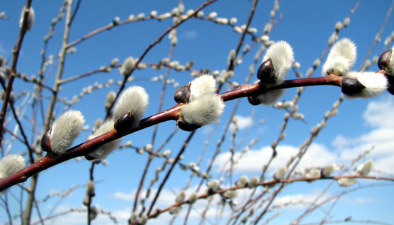
2018 revisions of the 1854 Ceded Territory Conservation Code have been completed. This process takes place about every five years and allows us to clarify confusing language, incorporate new provisions, remove unnecessary hindrances to the exercise of treaty rights, and incorporate any new prohibitions needed to protect the resources. We began in March 2017 with open solicitation of band member input, followed by public meetings at all the reservations (and in Duluth). Approved April 24th, 2018, we now have a newly revised code that we believe is a better code.
The final document is currently at the printers, and will be available for distribution soon - we’ll post locations where you can pick one up on the 1854 website and Facebook page, but suspect the usual places (1854 Duluth-office, Bois Forte DNR, Vermilion Community Center, Grand Portage Trust Lands office, 1854 booths at outreach events and powwows…). Newly updated Code booklets have a BLUE cover, not to be confused with the 2012 canary yellow Code. Find a pdf of the revised code posted here on our website.
There are not many substantive changes, although the former standalone Gathering Code has been incorporated into the general Conservation Code. To review the revisions to the 2018 Code, please see the Summary of Changes document, also immediately available online.
If you have any questions or need clarification, please contact an 1854 Conservation Officer:
Clay Rumph, Chief (Grand Marais) (218) 340-7559
Leo Vidal, Officer (Vermilion area) (218) 591-3256
Chris Johnson, Officer (North Shore) (218) 464-8906
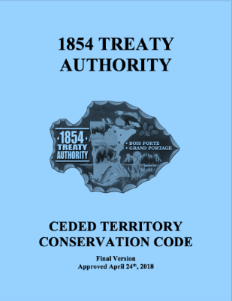
Want to join our team? The 1854 Treaty Authority's Resource Management Division is hiring three Biological Aides: an Invasive Species position and two Wild Rice positions. Lead surveillance activities for newly established aquatic invasive species on one of the 1854 Ceded Territory’s 2,540 lakes, or contribute to monitoring the abundance of manoomin on lakes, rivers and restoration sites. Beef up your resume with an enormous amount of experience with our biology management and research programs! Applications are due Friday May 18th.
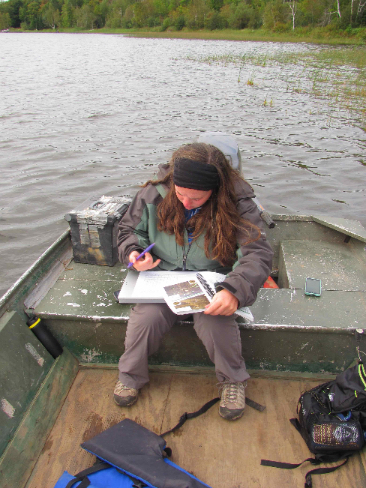
Grand Portage and Bois Forte band members are not required to obtain a Boundary Waters Canoe Area Wilderness (BWCAW) permit to access the Wilderness. The Superior National Forest’s policy for enrolled band members is to allow access to the BWCAW with a band membership card or 1854 ID card. Other BWCAW rules are to be followed.
Access to the BWCAW without a permit has recently been expanded to include immediate family when accompanying an enrolled band member. Immediate family is defined as a spouse and those of lineal decent, including children and grandchildren. Any other members of the party who are not band members nor immediate family are required to have a BWCAW permit.
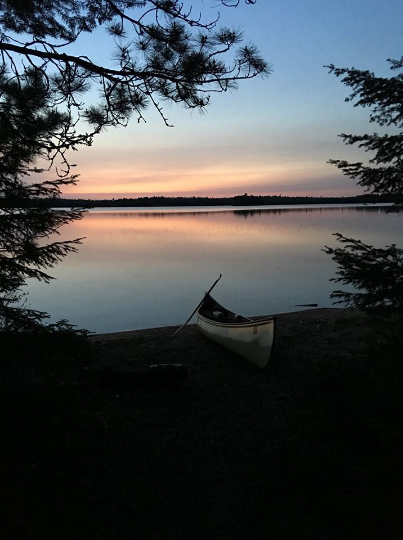
It is hard for an individual to tackle the concept of climate change, and even more so, what one can do about such a large-scale issue. One result of global climate change is regional drought. Here's your chance to make a small impact in restoring the balance: capture rain water and prevent erosion in urban environments by reducing storm water runoff...with your new rain barrel.
We again have rain barrels, for any Bois Forte and Grand Portage band members: FREE! Like previous years, one rain barrel per person, and it is first come-first served. We have 20 rain barrels available for pick-up at the 1854 Treaty Authority Duluth-office. To reserve yours, contact:
Tyler Kaspar, Environmental Biologist
This email address is being protected from spambots. You need JavaScript enabled to view it.
or call the general office number: 218-722-8907
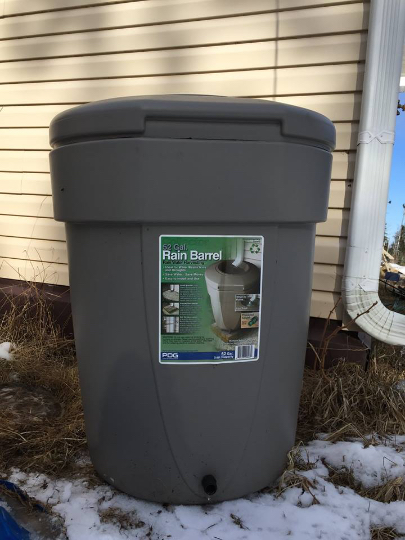
1854 will be hosting a 4-part archery clinic with the Vermilion Youth Center, starting Wednesday April 18th. Participants must be at least 10 years old, and have a signed authorization/release (permission) form - you can download it here, or pick one up at the Center. Read the informational letter, and check out the program flyer below for more information.
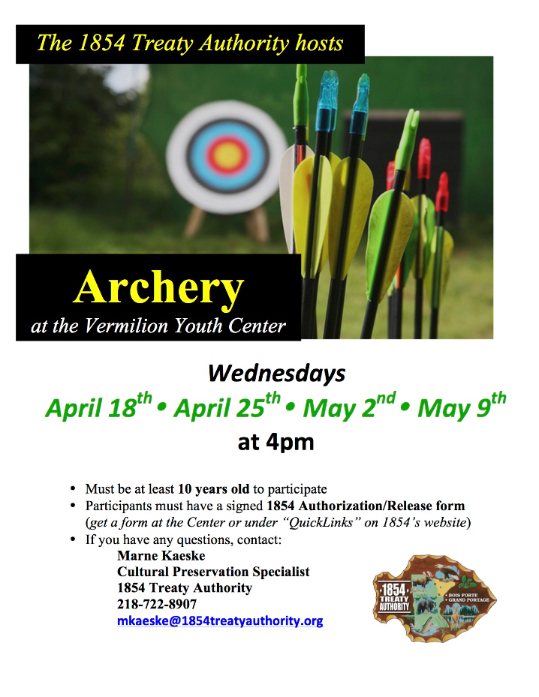
Want to join our team? The 1854 Treaty Authority's Resource Management Division is hiring a Fish and Wildlife Aide. Have the time of your life on an electrofishing boat, enjoy every day outdoors conducting surveys, and beef up your resume with an enormous amount of experience with our biology management and research programs! Applications are due Wednesday April 11th.
The American Indian Studies Department is introducing a new Master of Tribal Resource and Environmental Stewardship program.
It was approved by the University of Minnesota Board of Regents at its February 2018 meeting.
The Master of Tribal Resource and Environmental Stewardship (MTRES) program will be offered primarily online at the beginning of the 2018-19 school year.
“Indian people have a unique, vested interest in the stewardship of natural resources,” explains Profesor Tadd Johnson, the American Indian Studies director of Graduate Studies. “In this new program, students will get an overview of the environment from an indigenous perspective so that they can sustain tribal lands and water for future generations.”
The MTRES curriculum is rooted in the interrelationship between biological, physical and cultural systems as well as environmental policy. “Graduates will be able to provide vigilant oversight of land, air and water, while advocating for indigenous rights,” says Johnson. Courses include principles of tribal sovereignty, integrated ecosystems stewardship and tribal natural resource economics.
The program is the culmination of collaboration between UMD’s College of Liberal Arts, Swenson College of Science and Engineering, and the College of Education and Human Service Professions, and three years of consultations with regional tribes. “We vetted the ideas with tribal natural resource managers to see what they need to run their departments,” says Johnson. “MTRES is a program designed by Indian tribes for Indian tribes.”
Johnson says the new program is now accepting up to twenty students for the fall of 2018. More information can be found at www.umdmtres.org.
